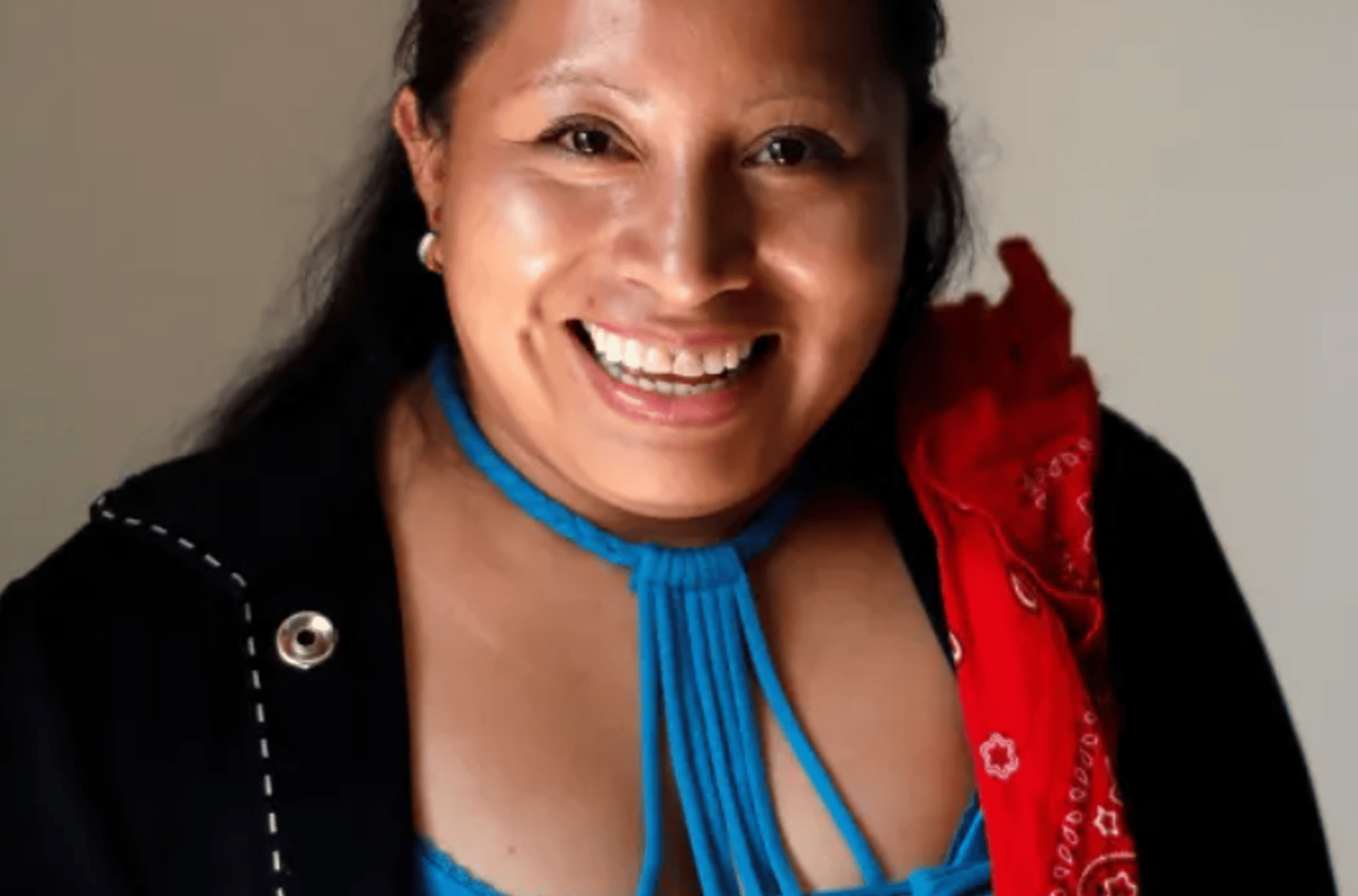
Since 1998, when all abortions were made illegal in El Salvador, more than 180 women have been jailed for abortion-related crimes. The Agrupación Ciudadana por la Despenalización del Aborto (Citizen Group for the Decriminalisation of Abortion) have been campaigning for the release of all the women jailed for having an abortion for more than ten years.
They helped to get Teodora del Carmen Vasquez released. Teodora, a single mother of a four-year-old son, was convicted for murder in 2008 and handed a 30-year sentence for intentionally inducing an abortion. She was freed in 2018 after more than a decade in prison after El Salvador’s Supreme Court commuted her sentence. Aged 39, she then faced a whole new set of challenges. She had a 14-year-old son whom she barely recognised. She faced a wall of rejection in her community and a digital world she didn’t understand. And she had no income and no job. “I had to start with nothing,” she recalled. Having a criminal record added to these problems.
Vasquez has always denied ever having had an abortion, saying she went into labour in a bathroom at work in 2007 and that the baby was stillborn. Now released, she considers she has been handed a second sentence imposed on wholly innocent women — one she is on a mission to tackle. “The state abandoned us,” she said. “And sometimes a woman’s family also abandons them and kicks them out.”
So, Vasquez launched a non-profit — Free Women El Salvador — which is currently supporting 26 women released from jail and helping them find a new footing in life. All 26 say they were accused of inducing their own abortions and wrongfully jailed for murder, when instead they suffered miscarriage, stillbirth or pregnancy complications. The organisation helps the women find jobs, provides study grants and skills training and/or offers therapy and legal advice. Like Vasquez, most of the women went to jail as young, poor single mothers, with little education and a rural background.
Backed by funding from European organisations, Vasquez has helped some of the women set up small businesses of their own, including a bakery, a cosmetics firm, and a clothing line. Or they can get up to $100 a month to study at college, learning nursing, accounting, tourism or computer studies.
In 2018, the United Nations urged El Salvador to issue a moratorium on applying its law and to review past cases. Pressure from the UN and legal action by activists like the Agrupación has helped secure the early release of five women in the past year.
Multiple attempts to ease the ban on all abortions have failed so far, however, because public opinion is still widely supportive.
SOURCE: Reuters.com, by Anastasia Moloney/Thomson Reuters Foundation, 14 November 2022; PHOTO by Jose Cabezas/Reuters of Vasquez following her release from jail on 22 February 2018.



